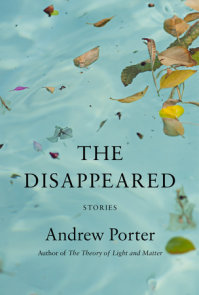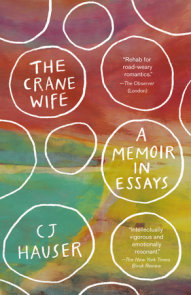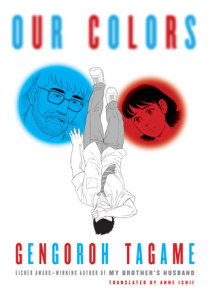READERS GUIDE
Questions and Topics for Discussion
1. Having read Eleutheria, why do you think the author chose the epigraphs quoting the Eleutherian Adventurers and Jamaica Kincaid?
2. Eleutheria depicts doomsday prepping and retreating from society as a means of dealing with challenging realities. Have you ever considered taking such actions in the face of crisis? Why or why not?
3. How do you think Willa’s childhood impacted her decisions later in life?
4. Do you think Willa is a reliable narrator? If not, what do you think she might have fictionalized or distorted in her telling of events—and why?
5. How does the idea of a terrarium serve as a symbolic touchstone throughout the novel?
6. Eleutheria depicts different ways of approaching and reacting to the climate crisis—from Freegan protests, to academic inertia, to the idealism of Camp Hope, to Green Republicans, to the mass mobilization of children. Was there an approach that you found most compelling? Most unsettling?
7. Why do you think the author chose to have a historical thread running through the novel? Was there a particular historical interlude that you found most interesting?
8. When working with the recruits, Willa decides to remove a turtle from an ocean hole on Eleutheria—despite Deron’s request that she put it back. Do you think she made the right choice?
9. For Willa, Living the Solution was a compelling text because: “It described how, despite the odds, a small group of people could change the world for the better” (p. 15). Do you believe that a small group of people can change the world? Have you—or would you—ever participate in such an effort?
10. Willa and Sylvia have a complicated and, at times, troubled relationship. Do you think there is a way they could have made their relationship work?
11. In her letter to Willa, Sylvia writes at the end that she is “trying to do the brave thing—the Willa thing” (p. 317). What do you think she means by that?
12. In the near-future world of the novel, the mass mobilization of children spurs people to act against climate change on a global scale. In our real world, what do you think it would take for individuals, communities, and countries to come together to address the climate crisis?
13. The novel ends just before a significant reveal, with regards both to the planet’s fate and to Willa’s. What comes next is, in many ways, up to the reader—so what version of the future do you envision and why?




















